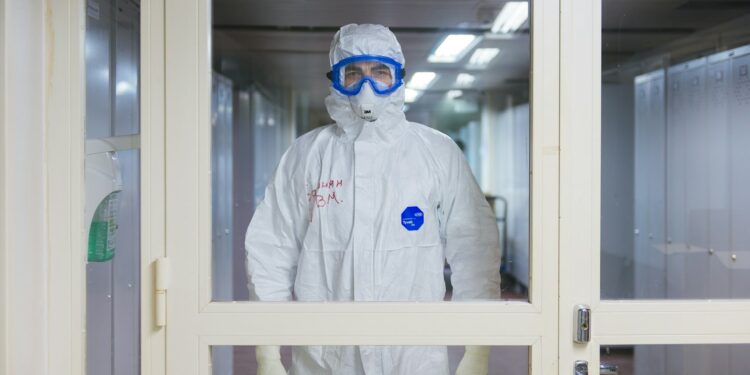They are trying to find a future-proof solution.
A team of scientists at the University of Cambridge in Britain is actively engaged in developing a vaccine that could potentially combat future strains of the SARS-CoV-2 virus, even those that have yet to emerge. Led by graduate pharmacology researcher Rory Hills, the team’s approach has already shown promise in mouse studies, although its efficacy in humans remains to be seen.
The research, centered on proactive vaccinology, aims to create a vaccine preemptively, shielding against future viral strains by designing a shot capable of providing protection against yet-to-emerge coronaviruses. According to study senior author and Cambridge professor of pharmacology Mark Howarth, this strategy capitalizes on existing knowledge about coronaviruses and different immune responses, allowing for the development of protective vaccines against unknown strains.
Nanotechnology plays a crucial role in the research, with the team utilizing a nanoparticle known as a Quartet Nanocage, a complex of proteins with robust interactions. This nanoparticle serves as a platform for engineering various viral antigens, enabling a vaccine to sensitize immune cells to target a diverse range of coronavirus types.
Preliminary results from mouse studies indicate the effectiveness of the approach. Despite not containing the SARS-CoV-1 coronavirus, mice vaccinated with the nanocage vaccine demonstrated protection against that virus, highlighting the broad-spectrum potential of the vaccine. Hills emphasized the simplicity of the nanocage vaccine, which could facilitate its transition to human clinical trials.
Howarth underscored the importance of building upon past successes in vaccine development, acknowledging the challenges posed by previous pandemics. He emphasized the need for continued innovation and proactive measures in vaccine development to address future public health crises effectively.

































Discussion about this post